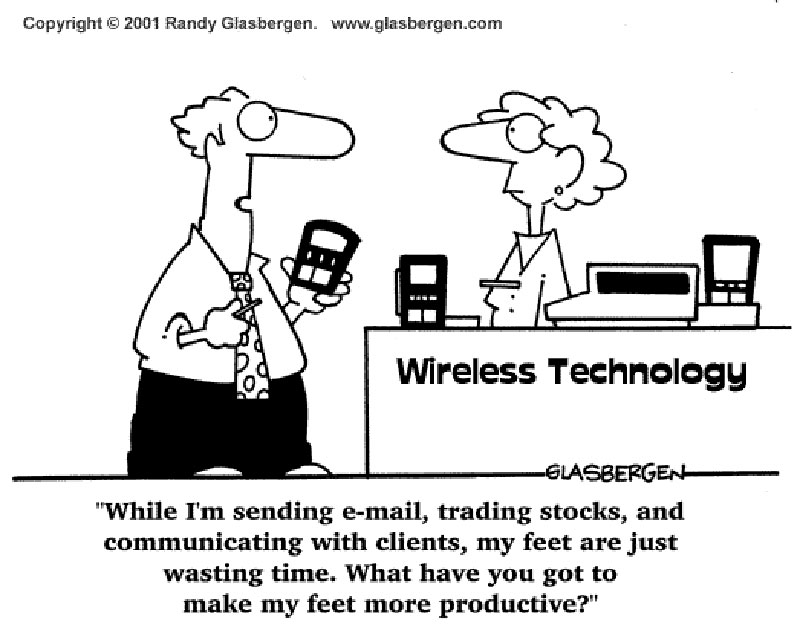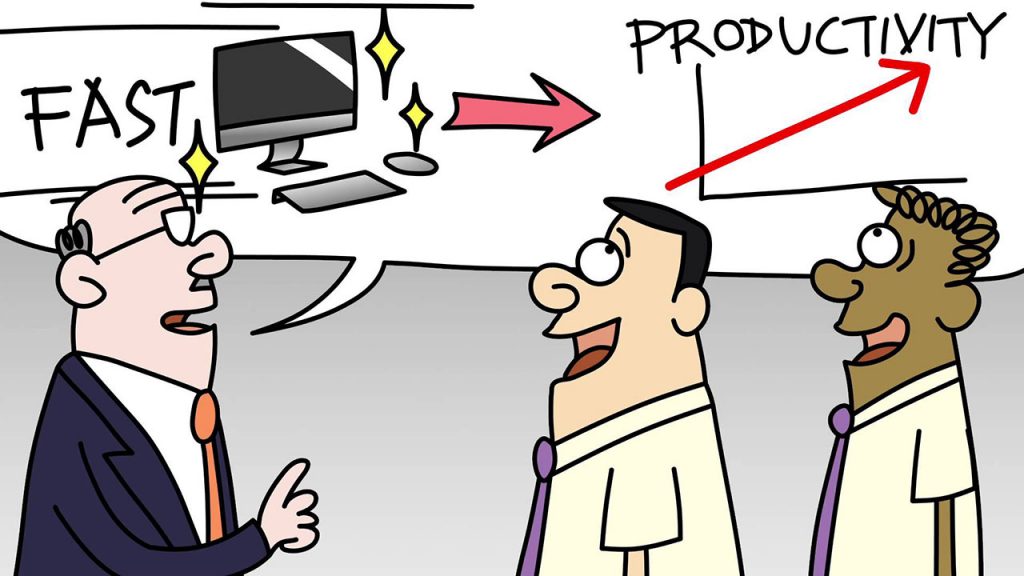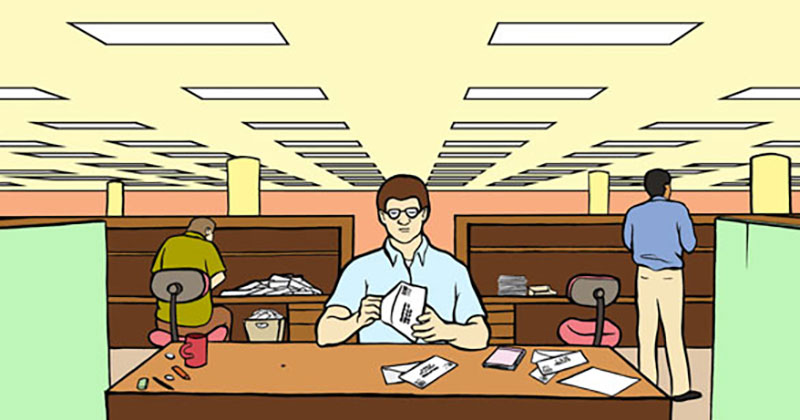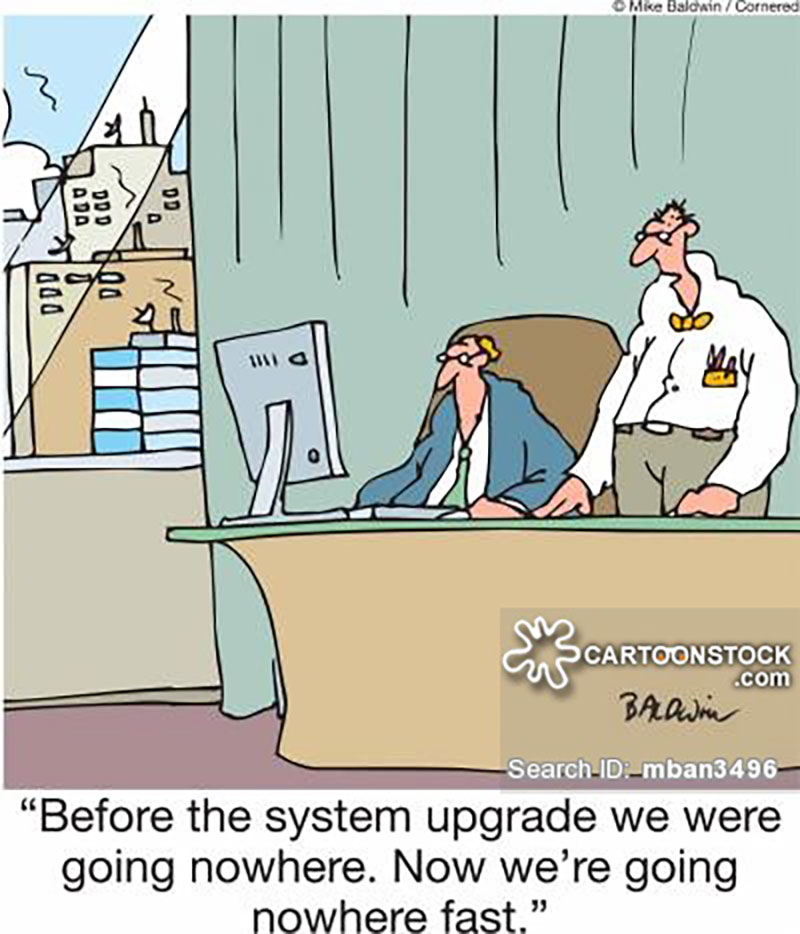For Jack, 28, an employee at the Singapore Tourism Board, creating decks and presentation slides are supposed to be one of the easiest tasks at the office.
But thanks to the new cybersecurity policy which cut internet access on civil servants’ computers last May, what used to be a simple straightforward drag-and-drop on his computer has become a cumbersome process.
Now that his terminal has been isolated from the outside world, like a computer in a North Korean laboratory, Jack literally has to walk to another workstation with internet connectivity whenever he needs to download attachments from companies and external partners.
It’s like the ’90s all over again, and this happens at least a few times every day.
“It was really frustrating in the beginning because you had to keep moving about just to download a few files that are necessary for your work, and it really hurt our productivity,” Jack tells me.
“Also, we have only two internet terminals shared among 20 people in the department – that already sounds ridiculous, doesn’t it?”

All their names have been changed in this article, due to the deep-rooted fear of speaking up in the government service.
While they have mostly gotten used to the changes, the workarounds to the problem are not ideal.
Belinda, 29, who is currently serving her notice at a ministry, describes her workplace as a set on the TV comedy series The Office, where the lack of internet access “intertwines with the bureaucratic nightmare” to create a “dysfunctional hell” for employees at times.
“Sure, I may be exaggerating this, but I just found it ludicrous that I have to clear so many hurdles at work just because they are scared that my computer may be hacked or infected. I can’t perform at my best like this,” she says.
Restricting internet access, the lifeblood of the modern economy and society, in the interest of defending against cyber attacks also sounds like a draconian measure that directly contradicts the country’s ambitions to be a “smart nation”.
Minister-in-Charge of the Smart Nation Initiative Vivian Balakrishnan said in 2016, a year before the policy was implemented, “[T]here is no possibility of cutting off ourselves from the internet. What we are actually doing is segregating secure e-mail systems from other activities which you conduct on the Internet like browsing and transacting … Segregation is not the same as cutting off access.”

But offering internet-enabled devices doesn’t completely appease these disgruntled civil servants because they don’t actually help improve their workflow. Ultimately, they still have to transfer data from one device to another, and that is unnecessarily time-consuming.
Taking away the convenience of keyboard shortcuts like “Alt-Tab” and “Ctrl-C + Ctrl-V”, which are second nature in nearly all office tasks, is like denying an employee his basic rights.
Dennis, whose department deals with matters of national security, laments that even simple yet crucial things like a Microsoft Excel formula that he found online has to be sent to his email first before he can even input them on his own workstation.
“The one thing that I hate most is when I have to find someone’s email address online and it’s so long and convoluted, yet I still can’t simply copy and paste the email address but have to either email it to myself or manually type it in.”
Often, he resorts to using mobile data to surf the web on his phone for work, sometimes incurring additional charges as a result. But he has little choice – it’s just quicker than waiting to use the internet-enabled laptops shared among his colleagues.
He adds, “I know it sounds very lame to complain about matters like these that may seem so trivial, but for millennials like myself this is torture.”
Sharon, who left the civil service this year to join the private sector, jokes that she was so used to surfing the web on her phone at her former workplace, she forgets that she now works at a normal office with internet access on her computer.

“Imagine how much more time you can spend with your family instead?” says Jonathan, who frequently uses the internet at work to research international partners and statistics.
Due to the highly sensitive nature of his work, Jonathan’s department is one of the few who had already been practicing workplace internet segregation for years before the policy was implemented last year.
Though he wishes that GovTech could devise a more convenient solution, he also understands the need to protect the data on his computer.
“We can’t afford to leak any classified information. Like it or not, cyber security against hacking has increased prominence, seen from recent cases of cyber attacks.
“Would one rather that small bit of inconvenience and guard against losing important information, or get rid of inconvenience and risk losing important information? It’s quite clear that the latter incurs a higher price.”
Last year, a global cyberattack involving the ransomware WannaCry infected computers of major organisations and multinational corporations worldwide, including FedEx and Britain’s National Health Service. Fortunately, Singapore’s critical information infrastructure remained unaffected, but the hacking illustrates the severe implications of government systems being compromised by a mere lapse in IT security.

Paul vividly remembers the last thing he accomplished online the day before internet access to his work terminal was cut.
The Mindef employee was purchasing tickets to Ed Sheeran’s concert, and the SportsHub online ticketing system which opened at 9 AM was a hot mess of bugs due to the overwhelming traffic that the server could not handle.
He ended up spending the first hour of his work day cycling between his work email inbox and the internet browser on his computer to make sure his transaction went through. It was probably one of the most unproductive mornings that day, as half his department was also preoccupied with the same mission.
But the music enthusiast doesn’t think that would be the last time he would be buying concert tickets in the office.
“We are still free to surf the internet on our mobile devices. Short of locking up all mobile devices and cutting inter-person contact in the office, people are going to skive whenever possible.”
Well, as the saying goes, “Do anything, but just don’t get caught.”
Are you a civil servant who’s unhappy that you can’t listen to your favourite Spotify playlist at work? Or do you think that your colleagues who complain about not having internet in the office are already unproductive to begin with? Share your thoughts by dropping us a note at community@ricemedia.co.
This article has been edited to reflect that the internet policy in the civil service is governed by GovTech, not IMDA.






